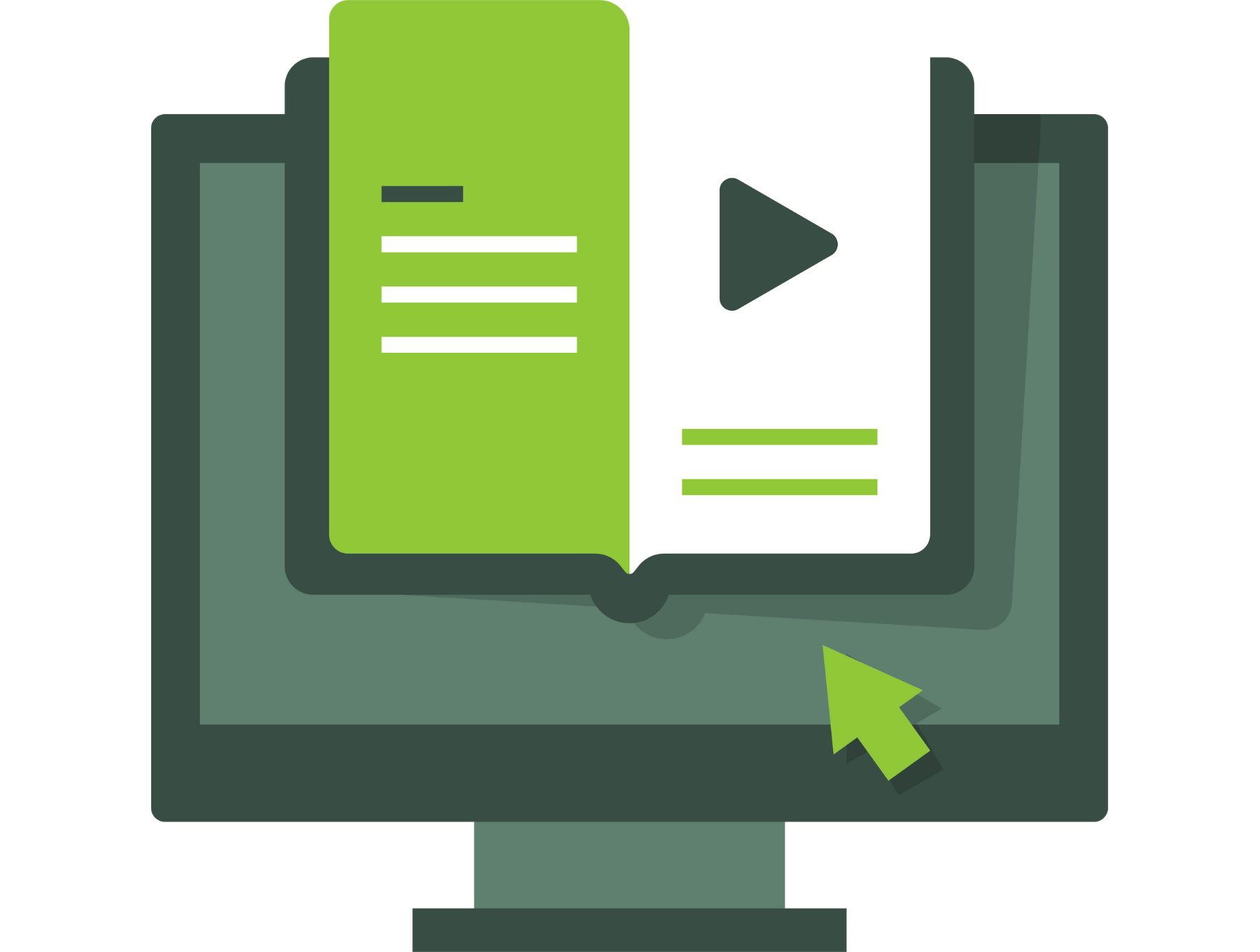
Managing money: budgeting, saving, investing
A personal finance guide teaches you how to budget, save, invest, and plan for financial security.
Using a personal finance guide helps you understand these concepts and apply them to your life. By budgeting, saving, investing, and managing credit and debt wisely, you can make smart financial decisions and achieve your goals. Remember, managing money is a lifelong skill that helps you build a secure and successful future.Let’s break down how to use this guide to make your money work for you.
What Is Personal Finance?
Personal finance is about managing your money. It includes how you earn, spend, save, and invest. Good personal finance helps you make the most of your money and reach your financial goals.
Budgeting: The First Step
Budgeting is planning how to use your money. Start by listing all the money you receive every month. This could be from a job, allowance, or gifts. Next, list all the things you spend money on, like food, rent, or entertainment. Deduct your spending from your earnings to determine the amount of money remaining. This helps you understand if you’re spending more than you’re earning. If you are, you need to cut back on some expenses or find ways to earn more money. A good budget helps you avoid overspending and save for things you want in the future.
Saving: Building for the Future
Saving money means setting some aside for future needs or emergencies. For example, if you want to buy a new video game, you might save a little bit of your allowance each week. A good rule is to save at least 10% of whatever money you receive. Saving a little bit regularly helps you build a fund that can be used for bigger goals, like buying a car or going on a trip. Having savings also means you are ready for emergencies, like if your phone breaks or if you have unexpected medical costs. An emergency fund should ideally cover three to six months of expenses.
Investing: Growing Your Money
Investing is putting your money into things that can help it grow over time. For example, you might buy a share of a company, and if the company does well, the value of your share increases. Investing can also be putting money into savings accounts that earn interest. Interest is extra money the bank gives you for keeping your money with them. While investing can help your money grow faster, it also carries some risk. This means you might not always make money, so it’s important to learn and understand what you’re investing in before you start.
Credit and Debt: Managing What You Owe
Credit allows you to borrow money now and pay it back later, like using a credit card. Managing credit well means paying off your bills on time and not borrowing more than you can afford to repay. Good credit helps you get better loan rates and can be useful in emergencies. Debt is money you owe to others, like loans or credit card balances. Managing debt carefully is important to avoid paying extra money in interest and to prevent financial problems.
Tracking and Reviewing
To make sure you are following your budget, keep track of your spending and compare it to your budget. At the end of the month, review how well you stuck to your budget. If you spent more in some areas, adjust your budget for the next month.


